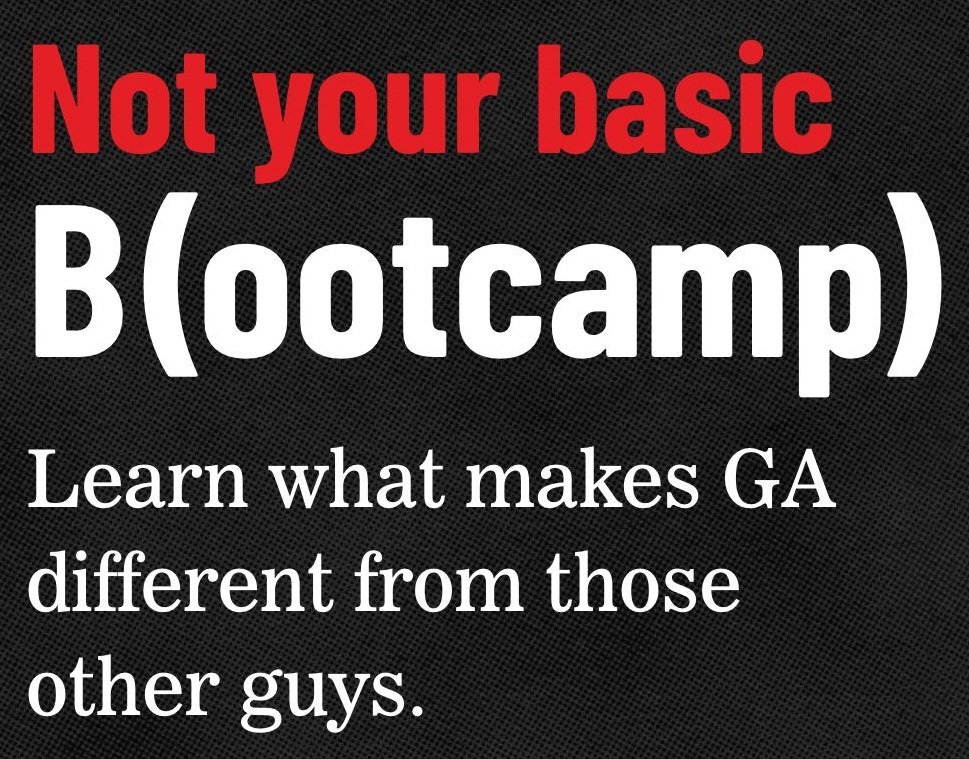THE LATEST TECH WORKFORCE TRENDS. RIGHT HERE.
What’s trending now? We help you keep up. As the top name in tech training, we partner with top business leaders and other experts to stay ahead of what’s next – and help you stay up to speed.
NOT YOUR BASIC BOOTCAMP
At General Assembly, we’re not just another tech bootcamp. We’re the pioneers, the trailblazers, and the innovators of the tech education landscape.

LATEST POSTS

Why (and where) should I learn cybersecurity?

Global Perspectives: Ethics in the Future of Data Privacy

Beyond DEI Goals: Why Diversity in the Workplace Truly Matters

Quantitative vs qualitative data: what’s the difference and why does it matter?

Career Tarotscopes for November 2024

